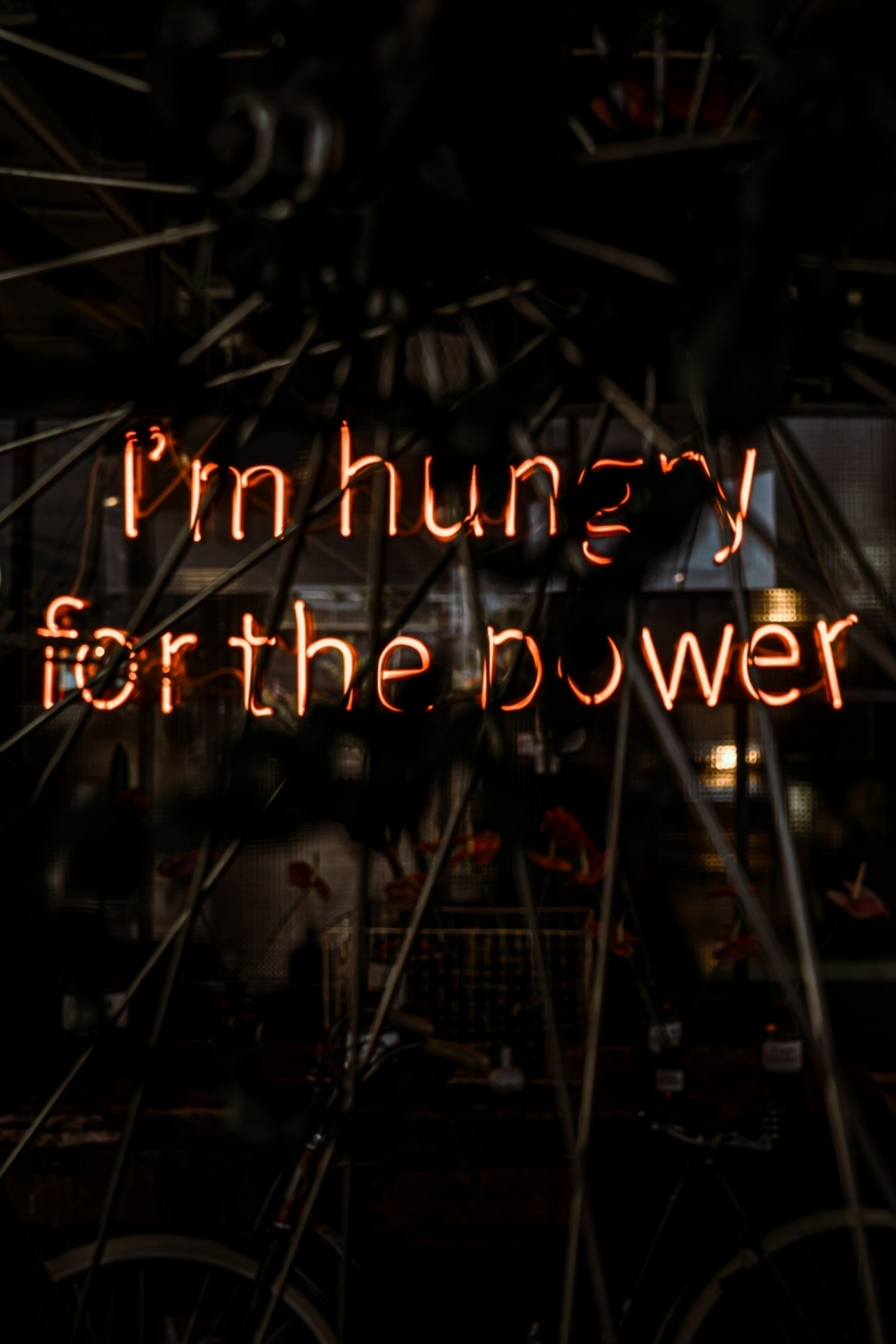God-washed power pollutes everything it touches but there is hope

Over the last year I’ve read three books that have caused me significant pause.
The first was, A Church Called Tov by Scot McKnight and Laura Barringer. The second was, Jesus and John Wayne by Kristin Kobes Du Mez. The third was, The Flag and the Cross by Phillip Gorski and Samuel Perry.
All three of these books evaluate the state of the American Evangelical church from slightly different perspectives. A Church Called Tov offers a prescription and hope for how to be a church that is good. Jesus and John Wayne looks at the historical development for how the American Evangelical church became the church that we see all around us. The Flag and the Cross is a data driven book that takes a look at White Christian Nationalism.
These three books have helped me answer the question, “Why?”
–
Why are we in the situation that we are in? What has happened to the American church? How did we get to a place where the many people are more aligned to political agendas than they are to the cause of Christ? Why are we seeing so many pastors falling morally? Why are so many people waking up to realize that they have been abused spiritually by the men and women that they have entrusted their souls to?
Why?
While all three of these have slightly different angles, I think they are all wrestling with the same fundamental question. How does religion deal with having power? Specifically how does Christianity handle power? Even more specifically, what happens when Evangelicalism ascends to a place of significant cultural and political power?
I would encourage you to read the books, They are accessible and have been helpful.
–
As I have pondered what these authors have written I have come to realize that there is a significant rot in the heart of American Evangelical Christianity.
Christianity has always thrived when it was not in power. It is a faith that was formed in the crucible of persecution. As power has shifted to the West, Christianity came with it. Over the last 150 years or so we have seen Christianity come to the fore as a power in and of itself.
One would hope that a faith that is rooted in self-sacrifical love, love of neighbor, and love of enemy would handle power well.
Sadly, we have failed the test.
We have failed the test corporately and we have failed individually as well.
What I am seeing all around me is the reality that power corrupts and God-washed power corrupts infinitely more.
–
C.S. Lewis wrote in his Reflections on the Psalms, “If the Divine call does not make us better, it will make us very much worse. Of all bad men religious bad men are the worst. Of all created beings the wickedest is one who originally stood in the immediate presence of God.”
Christianity has been gutted from the inside out. In much of American Christianity there is little spiritual formation or moral formation. It is all about “getting people saved.”
“Pray this prayer and get saved.”
The desire to sell eternal fire insurance has created a culture that is a mile wide and an inch deep. We are reaping now what we have sown over the last seventy years or so.
Christianity is now a token to trade for positions of power. It is no longer a life transforming faith.
In those first decades of the Christian faith it was known as, “The Way.” There was a lived aspect to Christianity. The expectation was that following in the way of Jesus was of utter importance.
Today? Today we simply disregard the teachings and ways of Jesus if they get in our way of power.
We have seen the rise to power of the “religious bad men.”
–
Is there any hope?
I think so.
If we can first acknowledge the reality that many of us hunger and thirst for power more than we do righteousness, that would be a good start. We need to own up to the fact that the grievances that many have toward the institution of the church are real and true.
We need to learn again the importance of spiritual formation for the one who is seeking to follow Jesus.
There must be a re-ordering of our lives. The way of Jesus must be first. This is what Jesus meant when he said, “If anyone comes to me and does not hate father and mother, wife and children, brothers and sisters—yes, even their own life—such a person cannot be my disciple. And whoever does not carry their cross and follow me cannot be my disciple. (Luke 14:26)” Jesus is arguing for a re-orienting of our lives.
Jesus' way is ultimately self-sacrificial rooted in love. When Jesus was offered power he said, “No.”
In the letter to the Philippians, Paul of Tarsus challenged the church there to relate to one another in light of the way of Christ. He wrote of Christ,
“Who, being in very nature God, did not consider equality with God something to be used to his own advantage; rather, he made himself nothing by taking the very nature of a servant, being made in human likeness. And being found in appearance as a man, he humbled himself by becoming obedient to death — even death on a cross!”
There is hope. It is rooted not in the pursuit of power but in the pursuit of sharing the mind of Christ.
I desperately want this to be true of me. I so badly want to be a person for who is living the way of Jesus rooted in self-sacrificial love.
I can not change the world. I can change me and I can model this way for those whom have trusted themselves to my spiritual care.
It is high time for the rise of the religious good people.